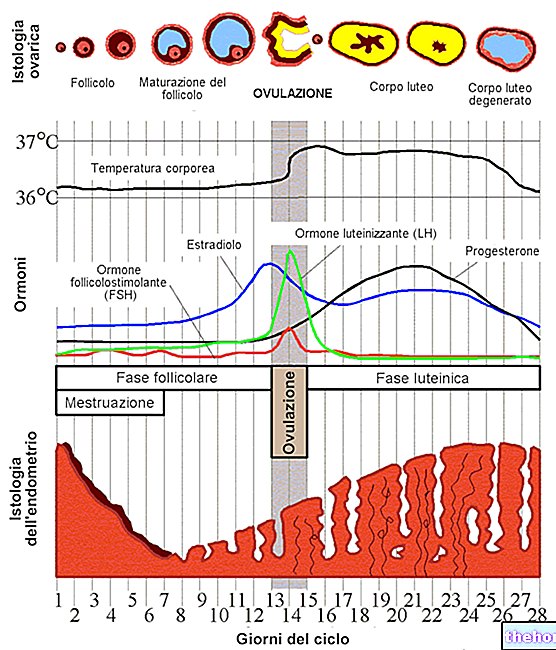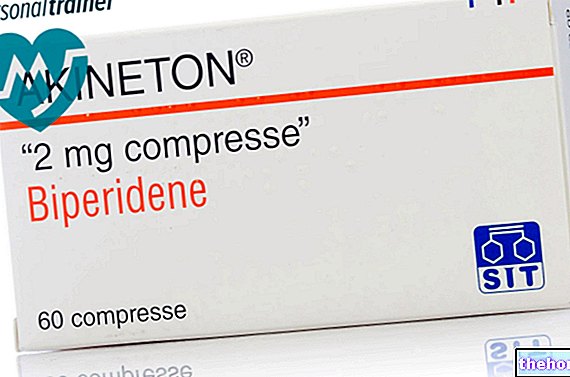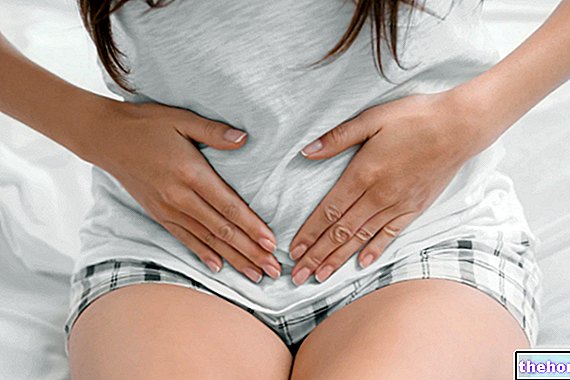Generality
The perforating ulcer is a pathological condition that can affect the gastric or intestinal mucosa.
Specifically, the perforating ulcer consists in the rupture, therefore in the perforation, of the bowel wall (stomach or intestine depending on the case).

Causes
The perforating ulcer is generally a complication that can result from a neglected or inadequately treated "gastric ulcer or" duodenal ulcer.
More specifically, the perforated ulcer is formed when the lesions - in addition to compromising the gastrointestinal mucosa - spread deeply, also reaching the basement membrane and crossing it.
In turn, gastrointestinal ulcers can be caused by various factors, which can concur with each other in the etiology of the disease. Among the most common triggers, we remember:
- Acid hypersecretion by the acid-secreting cells of the stomach mucosa;
- Prolonged intake of certain gastrically damaging drugs (such as, for example, NSAIDs);
- Infections sustained by Helicobacter pylori.
However, fortunately, the appearance of the perforating ulcer as a complication of gastrointestinal ulcers is a rather rare phenomenon, but still not impossible.
Symptoms and Complications
As you can easily imagine, the main symptom triggered by the piercing ulcer is sudden and intense pain. This pain is often perceived as a strong burning localized in the area where the piercing ulcer is formed.
In association with the typical pain, other symptoms may also occur, such as nausea, vomiting and loss of appetite.
Furthermore, the perforating ulcer causes gastrointestinal haemorrhage, with consequent emission of blood with vomiting (we speak of haematemesis) and with feces, which therefore take on a dark color (in this case, we speak of melaena). severe, patients can also experience shock and collapse.
Finally, if not promptly treated, the perforating ulcer can degenerate and lead to the onset of a serious complication: acute peritonitis.
Treatment
Currently, the only treatment available to permanently cure the perforating ulcer is surgery.
This operation - which must be performed urgently as soon as the perforating ulcer is diagnosed - consists in the suturing of the injured part of the organ. This surgical suturing operation can be performed laparoscopically; that is, it can be performed by making small incisions of about 1 cm, inside which a small video camera - called a laparoscope - is inserted which will guide the surgeon in the operation, and the necessary instruments. to the operation itself.
Of course - in addition to proceeding with the immediate treatment of the perforation - it is also necessary to identify the primary cause underlying the onset of the ulcer and institute an appropriate therapy.
Since perforating ulcer is often the complication of inadequately treated gastrointestinal ulcers, it is clear that patients diagnosed with a "peptic ulcer or" duodenal ulcer should not neglect it in any way.
Once the diagnosis has been made and the triggering cause has been ascertained, the doctor will prescribe the administration of drugs suitable for your treatment, such as, for example, proton pump inhibitors or H2 histamine receptor antagonists. If the ulcers were caused by infections caused by Helicobacter pylori, then the doctor will also institute "appropriate antibiotic therapy.
For more information, see the articles:
- Drugs to Treat Ulcer
- Treatment of Peptic Ulcer
- Triple therapy for the eradication of Helicobacter pylori
Diet and Lifestyle
Of course, following surgery to treat the perforating ulcer, patients must adopt a healthy diet and lifestyle.
In this regard, foods that are very fatty or that can further irritate the gastrointestinal walls, such as coffee, spicy foods, citrus fruits, unripe fruit and tomatoes, should be avoided.
At the same time, the patient should avoid consuming alcohol of any kind and should also refrain from smoking.
The aforesaid precautions relating to lifestyle and diet - in addition to being followed by all patients undergoing surgery for the treatment of "perforating ulcer - should also be followed by those diagnosed with pathologies such as gastritis, duodenitis and gastrointestinal ulcers. , the complications of which include the perforating ulcer itself.
Read also: Diet and Gastritis - Example diet for Gastritis


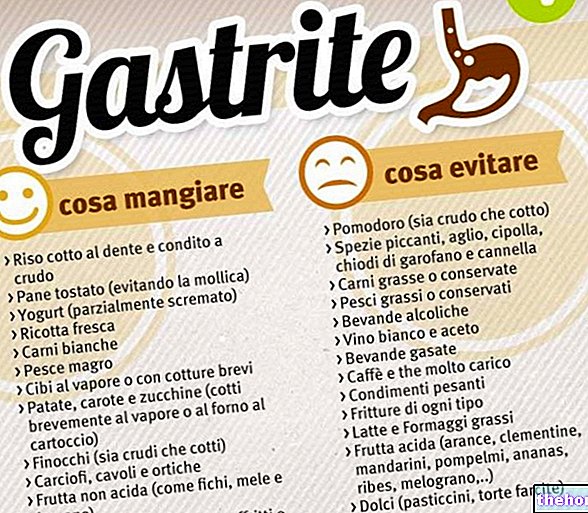
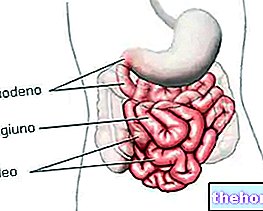
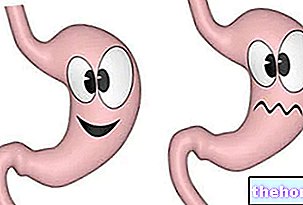
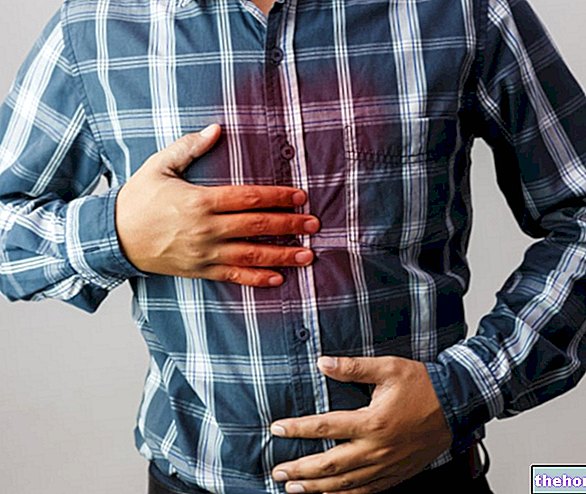


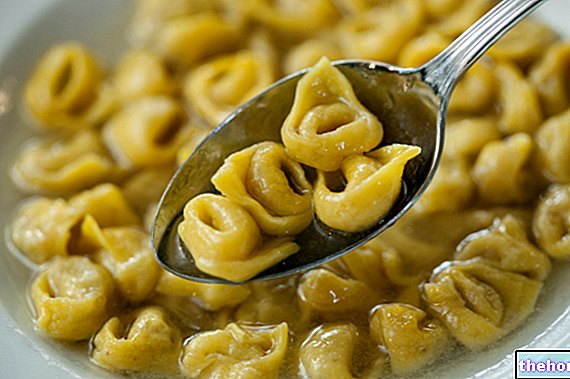
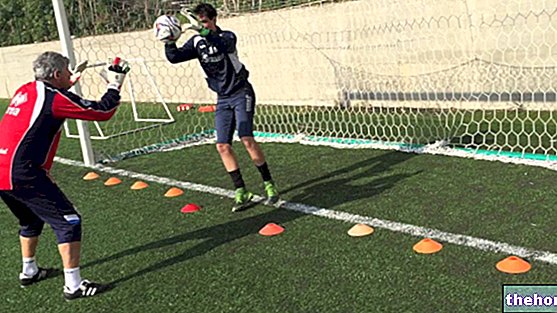

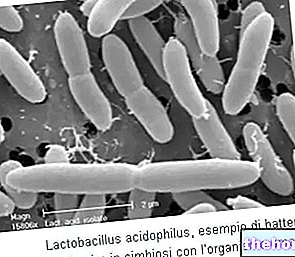
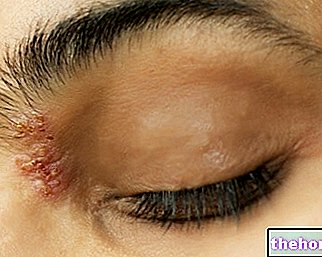


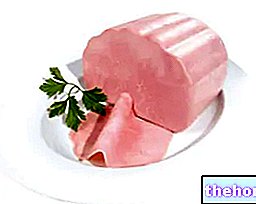

.jpg)



